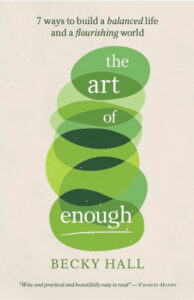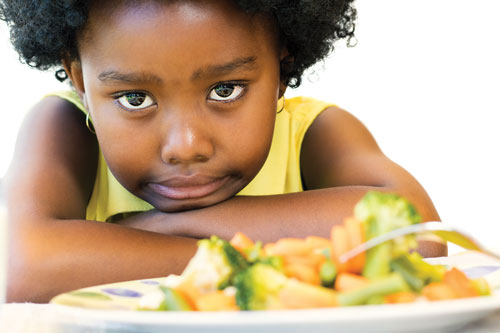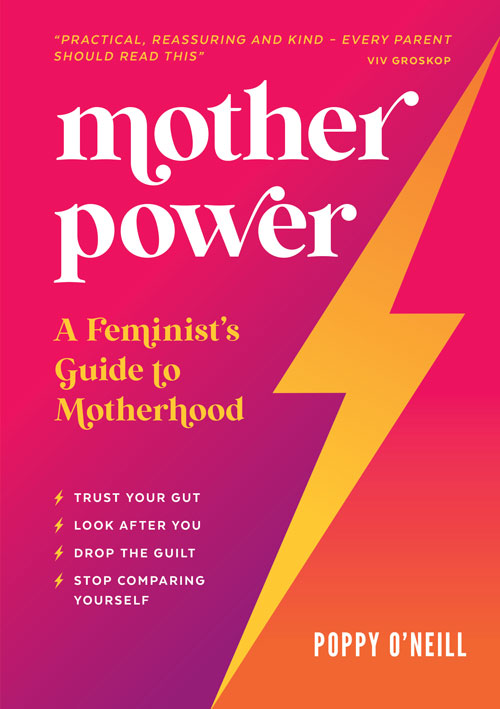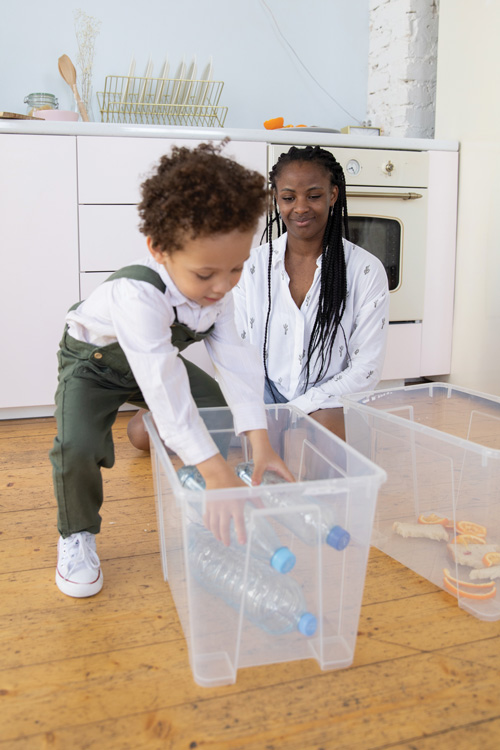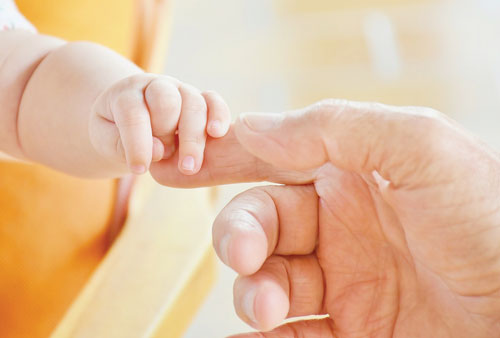
Take extra care to protect babies and children in the sun. Their skin is much more sensitive than adult skin, and damage caused by repeated exposure to sunlight could lead to skin cancer developing in later life.
Children aged under six months should be kept out of direct strong sunlight.
From March to October in the UK, children should:
• Cover up with suitable clothing.
• Spend time in the shade, particularly from 11am to 3pm.
• Wear at least SPF30 sunscreen.
Apply sunscreen to areas not protected by clothing, such as the face, ears, feet and backs of hands.
To ensure they get enough vitamin D, all children under five are advised to take vitamin D supplements.
When buying sunscreen, the label should have:
• A sun protection factor (SPF) of at least 30 to protect against UVB
• At least 4-star UVA protection
• UVA protection can also be indicated by the letters ‘UVA’ in a circle, which indicates that it meets the EU standard.
What are the SPF and star rating?
The sun protection factor, or SPF, is a measure of the amount of ultraviolet B radiation (UVB) protection.
SPFs are rated on a scale of two to 50+ based on the level of protection they offer, with 50+ offering the strongest form of UVB protection.
The star rating measures the amount of ultraviolet A radiation (UVA) protection. You should see a star rating of up to five stars on UK sunscreens. The higher the star rating, the better. Sunscreens that offer both UVA and UVB protection are sometimes called broad spectrum.
How to apply sunscreen
Most people do not apply enough sunscreen. As a guide, adults should aim to apply around six to eight teaspoons of sunscreen if you’re covering your entire body.
If sunscreen is applied too thinly, the amount of protection it gives is reduced. If you’re worried you might not be applying enough SPF30, you could use a sunscreen with a higher SPF.
If you plan to be out in the sun long enough to risk burning, sunscreen needs to be applied at least twice:
• 30 minutes before going out.
• Just before going out.
• Sunscreen should be applied to all exposed skin, including the face, neck and ears, and head if you have thinning or no hair, but a wide-brimmed hat is better protection.
Sunscreen needs to be reapplied liberally and frequently, and according to the manufacturer’s instructions.
This includes applying it straight after you have been in water, even if it’s ‘water resistant’, and after towel drying, sweating or when it may have rubbed off.
It’s also recommended to reapply sunscreen every two hours, as the sun can dry it off your skin.
Taken from www.nhs.uk


